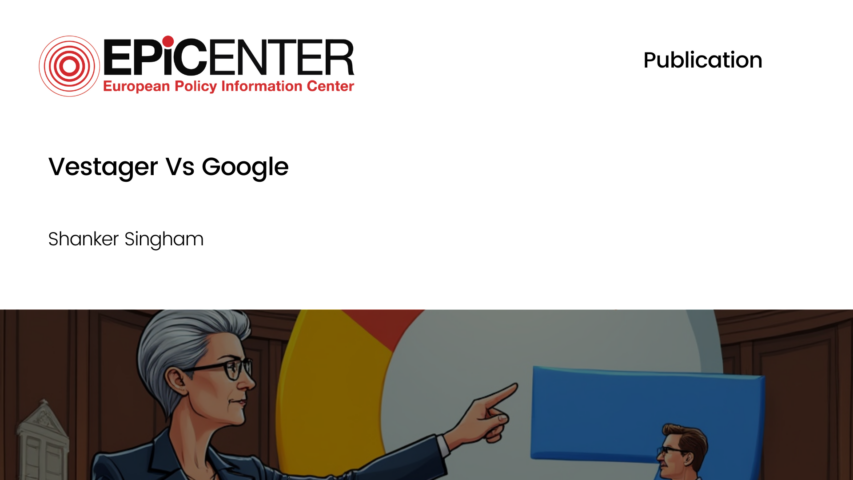Vestager Vs Google

Vestager Vs Google
18 July 2018 // Shanker Singham
The European Commission decision in the Google Android case illustrates the difference in approach to antitrust issues between the US and EU. It also illustrates that antitrust regulators are yet to understand the fundamental economic drivers of the new media economy, and technology in general.
It is not just a case of new wine in old bottles, there are some fundamental differences in these sectors which antitrust regulators must rapidly incorporate in their analysis or else risk stunting innovation in this critical sector. The first issue is the declining marginal cost (to zero) of platforms like Google Android. Unlike conventional goods, with their U-shaped marginal cost curve, because marginal costs are going to zero, firms are under much more pressure to increase their installed base. This means they will be likely to make the sorts of offers which under ordinary circumstances might look predator or antitrust violations, especially in the area of single firm conduct.
The second issue is the propensity of EU authorities to find dominance in cases where firms do not actually have power over price. In this sector, market power is much less durable than in more conventional goods sectors. A firm with high market share today, may be obsolete tomorrow, such is the pace of change in the sector. Finally, it is crucial to understand who these different firms are competing with. In today’s fast moving new media environment, platforms are increasingly competing with each other. Much antitrust analysis is examining competition within the platform itself and neglects to take account of this reality.
Damaging the ability of one particular platform to properly compete against others, which is what this decision will likely result in, will have profound implications for inter-platform competition, and thus for innovation and consumer choice generally.
Shanker Singham is the Director of the International Trade and Competition Unit of the Institute of Economic Affairs.
Read our previous publications on online platforms and competition below:
Antitrust and the challenge of regulation for online platforms
EPICENTER publications and contributions from our member think tanks are designed to promote the discussion of economic issues and the role of markets in solving economic and social problems. As with all EPICENTER publications, the views expressed here are those of the author and not EPICENTER or its member think tanks (which have no corporate view).



